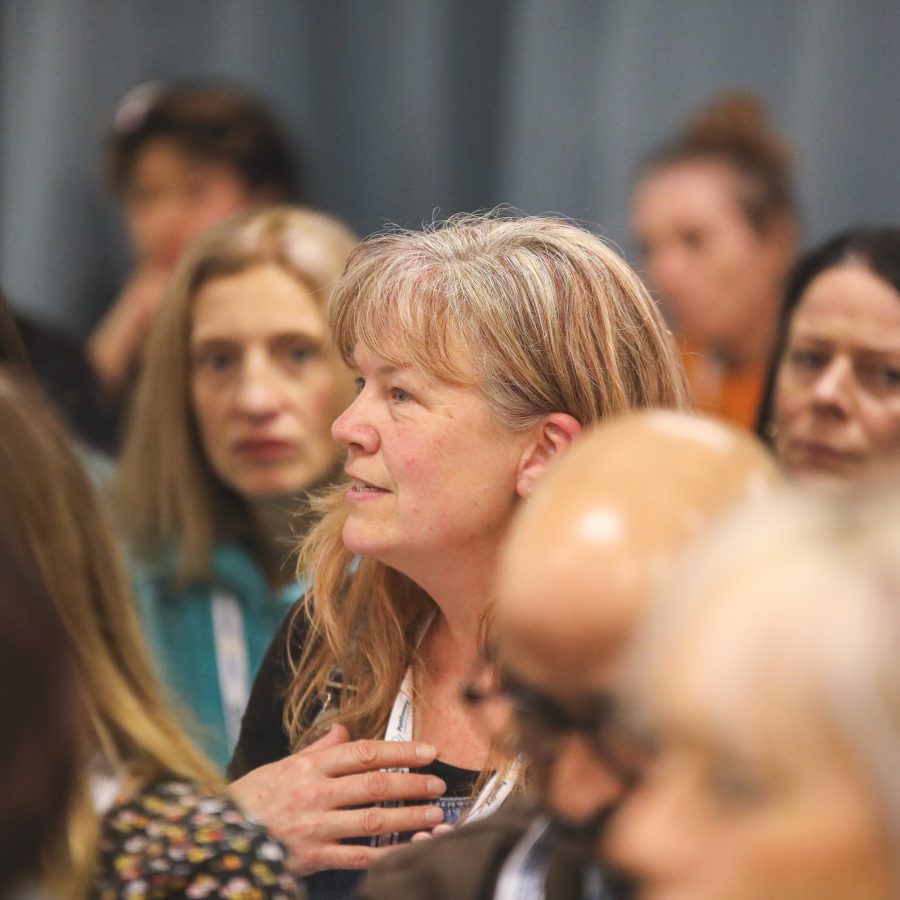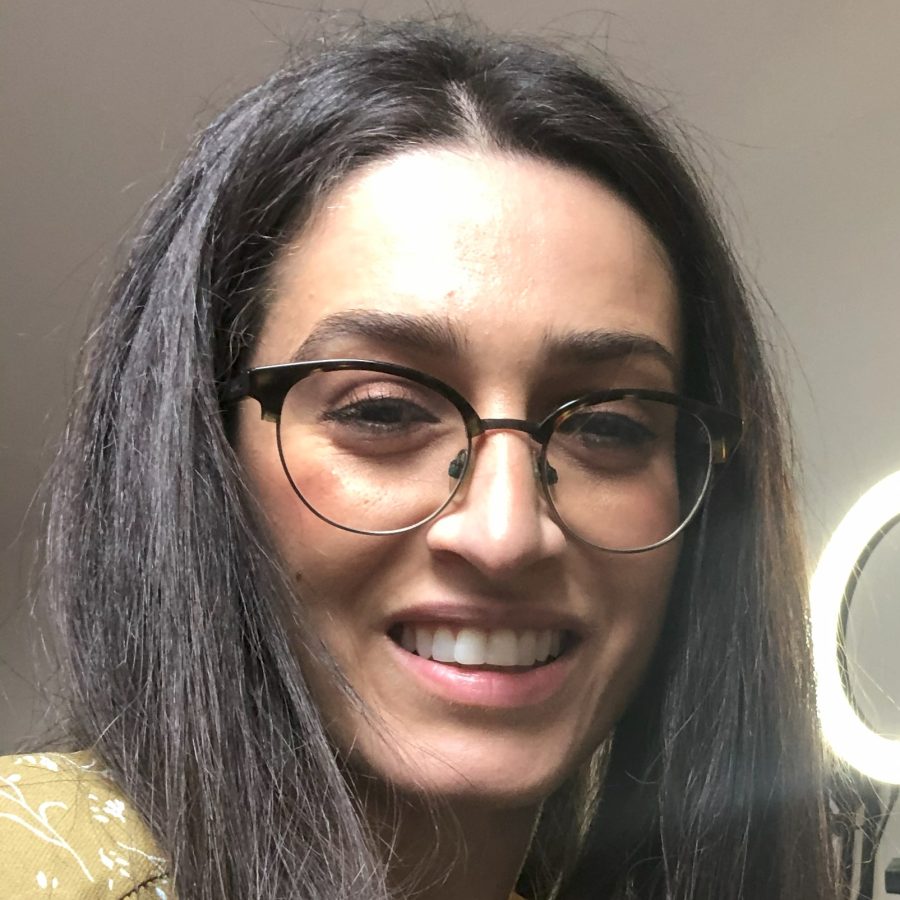Poor oral health poses a significant and lifelong burden to the most vulnerable people in our society. Inclusion health groups – people who are socially excluded and typically experience multiple risk factors for poor health, such as poverty, violence and complex trauma – are at higher risk of poor oral health and extreme oral and health inequalities.
Consequences of poor oral health
The data shows that dental pain is the second most prevalent condition in those experiencing homelessness after mental health.1 Poor oral health affects general health, mental health and wellbeing, and daily functions, whilst many individuals experiencing homelessness note that the poor appearance of their teeth can affect their prospects in the job market. Improving oral health and dental appearance can therefore be a powerful way to help those with lived experience of homelessness build confidence and social connectiveness, as well as physical and mental wellbeing.2
Challenges to accessing care
Whilst NHS dentistry should be available to all, those experiencing homelessness often face a multitude of barriers and challenges when trying to access services, for example fear and anxiety, eligibility and worries about costs. This can translate into extreme cases where individuals have attempted to manage their dental pain with inappropriate amounts of pain relief, with alcohol, or even by pulling their own teeth out. For some, accessing a high street dentist is so challenging that they seek care in A&E. However, emergency departments often do not have on-call dental teams, and cannot provide comprehensive dental care.
The NHS dental system
NHS England no longer commissions NHS dentistry. Since April 2023, Integrated Care Boards (ICBs) in England have had the delegated responsibility for commissioning dental services across the whole clinical care pathway. This includes primary, secondary and community services.3
In contrast to general practice (GPs), there is no national registration system in the current NHS dental contract. This means that individuals do not need to be registered with a dentist to receive NHS care. In theory, individuals can access any dentist, without geographical restrictions, as long as the practice holds an NHS contract and has capacity. Dentists are not required to ask for proof of identify, address or immigration status when people apply to become an NHS patient at a practice.
However, costs are seen as a barrier, and are a point of confusion for patients accessing NHS general dental practices. Unlike GPs, dental practices often rely on a ‘mixed economy’ – a mixture of private and NHS work – to keep their businesses viable. This can result in confusion for some patients and service users, particularly those more vulnerable, when trying to understand the type of care they will be offered.
There is a charge associated with NHS dental care that is determined by Government each year. Information regarding charges can be found here.
A person can also check if they are entitled to free NHS dental care and whether they are exempt from NHS charges online, but this can still be confusing and requires digital access.
Time for change
It is recognised that the current dental contract is constrained and does not allow dental teams to truly meet the needs of the most vulnerable populations. However, there are opportunities to work differently and pilot new ideas. There are some fantastic examples of models of dental care that have been designed with the specific oral health needs of inclusion health groups in mind. These have included bespoke homeless dental services, co-located practices with wider health services, outreach programmes, and appropriate use of mobile dental units. The ambition set out in the National Framework for NHS action on inclusion health sets out a framework on how to plan, develop and improve health services, and this should include dentistry.
There has been plenty of work, including the recent NICE guidance, which has been developed with those with lived experience, on how healthcare services and programmes, including dentistry, can be better delivered. We now need to put this work into practice and policy. We can and should do better than simply providing charitably funded services when the mainstream system should itself be providing appropriate, patient centred care.
There is evidence of the significant stigma and discrimination that those experiencing homelessness can face when accessing and using health services, including dentistry. There is a need to upskill the workforce to provide trauma informed care and have better awareness of the unique social, physical, mental and emotional needs of inclusion health groups.
There can be understandable hesitation to open the doors to inclusion health groups, given the evidence showing the high burden of care these groups may need. As previously mentioned, high street dentists are often run as businesses, and the options put forward need to respect the delicate economic environment they work in, whilst meeting the needs of our most disenfranchised patients.
If you are a commissioner, be bold and ambitious in exploring how ICB contracts can be ‘flexed’ to include an element of inclusion oral health care provision. This could be a real meaningful opportunity to improve healthcare locally. It is also vital that these services be co-designed with those with lived experience along with the dental profession, in order to build trust and implement sustainable, fair services for all.
Do take a look at this scoping report from Homeless Link for further information, examples of great services, and for inspiration around improving access to dental and oral healthcare for people experiencing homelessness.
You can also visit the Pathway Oral Health page for more information and resources.
Key oral health messages for everyone
- Brush teeth twice a day with a toothpaste containing fluoride
- Brush for two minutes
- Spit – don’t rinse
- If you want to use mouthwash, use it at a different time to brushing
- Cut down on sugary snacks, foods and drinks
- See your dentist as often as they recommend
- If you smoke or drink alcohol, then going to the dentist is even more important
Also, seek support to help stop smoking and limit alcohol intake.

